Blog
Words. Wisdom. Winners.
One at a time
One reel a day.
One blog post a day.
Three YouTube videos a week.
Two memes a week.
One podcast a week.
Five Instagram videos a week.
One Instagram Live a week.
One Instagram AMA a week.
One Twitter thread a week.
Fourteen content pieces on LinkedIn a week.
Me and my team keep doing that clinically, every single week. Without worrying about the outcome.
Because when you get the inputs right even when you don’t feel like, you get the outputs 10X right, even when you don’t expect like.
Fixing all our relationships
We all work really hard on all our relationships.
- Trying to show them we care
- Trying to make sure they don’t get hurt
- Trying super hard that they don’t misunderstand us.
In my opinion, we don’t need to try as much hard.
Simply knowing, that fixing your relationship with yourself will fix every other relationship, is the best place to start.
Skills we don’t think are skills
Skills we don’t think are skills but are most important skills:
- Being calm
- Really listening, with the intent to understand, not respond
- Learning to be aware of our emotions
- To forgive without receiving an apology
- To be a student forever
What’s yours?
When a team member is acting out
It is easy to believe they do not have the best intents.
Or they are trying to get out of their work.
Maybe that’s true. Maybe it’s not. Maybe they just need some space.
What I have learnt in 12+ years of building teams, is that if someone is acting out as an anomaly, they always have a reason that needs to be addressed to. They may need their time, space and perhaps nothing beyond transactional conversations.
Sometimes letting some things be is the way to letting things brew.
To listen, and not react…
When we hear the beautiful advice of listening, most of us do not understand the implicit emotion that comes after it: you should NOT react.
There is a difference between reacting and responding.
When we react, we base our actions as a response of someone else’s actions – that aren’t good anyway.
When we respond, we base our actions as a choice of what is it someone else needs – empathy or rage.
To listen does not mean that you are not approachable the next time.
To listen simply means you listen in a manner that they do not want to commit the same mistake again, and at the same time, they feel confident that you would be there for them no matter what.
You don’t lack motivation…
You don’t lack motivation, ever It is genuine interest in what you have to do, is missing.
You will never be motivated to do something you don’t want to do.
The question, then, is not to ask yourself: “How do I get motivated?”
The question, then, is to ask yourself: “How do I do the things that I genuinely am interested in, and how do I create opportunities that make me do more of such things?”
In life, the right answers pops in front of us, the moment we start asking ourselves the right questions.
How to get rich fast?
I get this question a lot.
While there are not many concrete answers to this, it helps to remember that Warren Buffet acquired a huge part of his wealth after the age of 60. Being rich is often about patience and peace when others are losing because of quick bets.
However, there is another possible option: To have an inheritance :)
The former makes you richer, the latter makes you believe you are rich.
Anything that comes quick has the potential to go away quicker. Good things always take time, always.
Sometimes success is a failure
Sometimes success is a failure, if you live by someone else’s definition of success.
Pick a career of lifetime at age 18.
Get married by 25.
Kids by 30.
House by 32.
Settle. Fit in. Follow everyone else.
With only one problem: We will end up with everyone else – which unfortunately is a place living by everyone else’s shadow, instead of creating your own shack – of success.
Your success may look incredibly different from everyone.
But it’s yours. And that is the only thing that matters. Nothing else.
Awareness
A huge part of why I create content online is to help people make choices from a point of awareness and not ignorance.
However, awareness just doesn’t come by choosing to be aware.
It is often a result of daily habits, like everything else.
Choosing to be aware of our thoughts.
Choosing to be aware of our patterns.
Choosing to be aware of how we spend our time.
And it is in forming of these right habits, that aware choices becomes a lifestyle, instead of an anomaly.
What will the world say?
It hardly matters.
What matters is what do you say to yourself.
Do you smile at yourself in the morning?
Do you make the time to take care of yourself, through working out and meditation?
Do you make it a point to stay away from toxic friends and family?
Do you pursue habits that make your “doing” muscles stronger?
Do you spend time with yourself and your thoughts, sans any distractions?
We wonder a lot about what the world would say, because we probably never stopped to create what we would want ourselves to say about the person in the mirror.
Today is a great day to start.
Subscribe to warikoo wanderings
